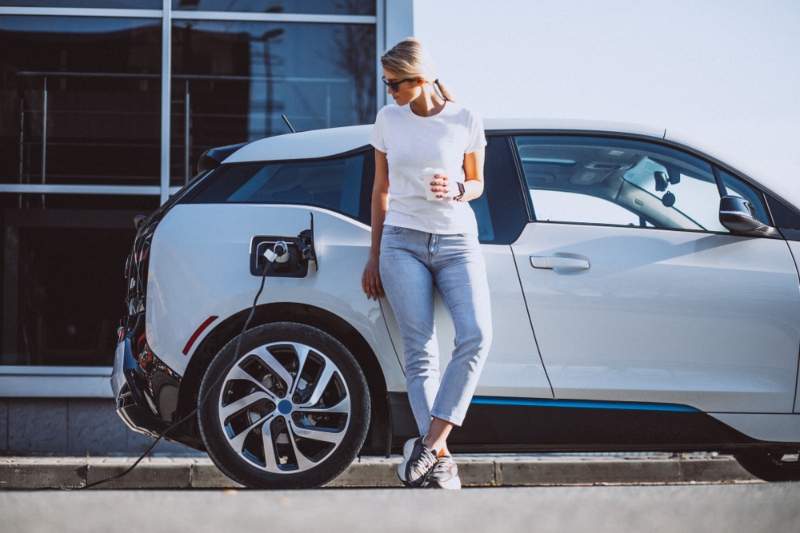The total number of battery-electric vehicles (BEVs) on the roads has overtaken the number of plug-in hybrid (PHEV) models for the first time, a new analysis has revealed.
 Drawing on SMMT data, the RAC estimates there are now 332,299 BEVs on the roads, compared to 327,183 plug-in hybrids. BEVs now represent 50.4% of all plug-in cars on the UK’s roads since 2010, up from 46.3% at the same time last year.
Drawing on SMMT data, the RAC estimates there are now 332,299 BEVs on the roads, compared to 327,183 plug-in hybrids. BEVs now represent 50.4% of all plug-in cars on the UK’s roads since 2010, up from 46.3% at the same time last year.
BEVs represent just 1% of the total car parc in the UK. However, from 2018 to 2019, the numbers of new BEVs more than doubled to 37,850 and then nearly trebled to 108,205 a year later. By the end of this year, the total number of BEVs will likely hit a new record of at least 175,000.
In sharp contrast, average monthly sales of new diesel cars have fallen from 48,481 in 2019 to 21,814 in 2020 and just 13,067 so far this year. Petrol sales have also declined significantly, from an average of 123,534 a month in 2019 to 75,265 in 2020 and 69,066 so far in 2021.
RAC director of EVs Sarah Winward-Kotecha said: ‘Against a backdrop of generally poor new car sales, September was a milestone month when it came to battery-electric models. Nearly as many were sold in one month as were sold throughout the whole of 2019, and the figures suggest they are now a more common sight on the UK’s roads than plug-in hybrids.
‘These figures show there’s clear momentum when it comes to electric car adoption in the UK, but had it not been for the chip shortage which is hampering new car production, the numbers may well have been even higher.
‘What’s also interesting is that demand for BEVs appears to be out-stripping PHEVs, with the latter often cited as a good “stepping stone” between a petrol and diesel model and a full zero-emission battery model. Only time will tell whether it’s the case that drivers and fleets looking to upgrade their cars are choosing to leapfrog PHEVs and instead opt straight for BEVs.’

